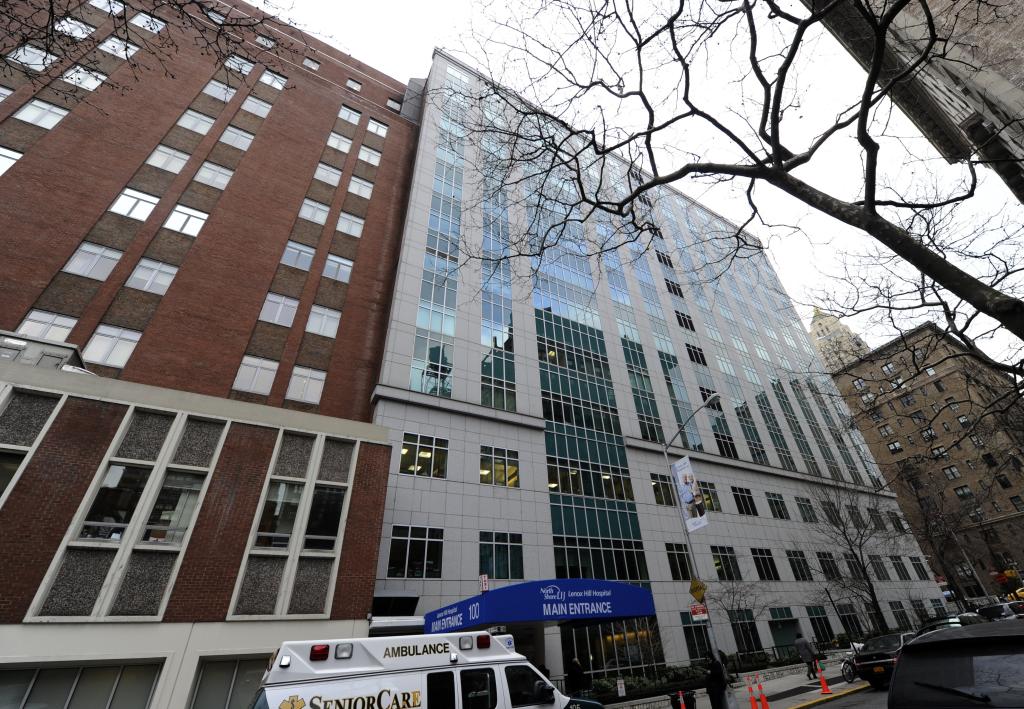- Joined
- Apr 25, 2008
- Messages
- 8,793
- Reaction score
- 9,019
Came across Massachusetts medical board approves rules on simultaneous surgeries - The Boston Globe and wanted to see what you all thought - simultaneous surgery has been an interested point of discussion in this forum before (ex: Another article targeting simultaneous surgery ).
This particular approach seems to be incredibly heavy handed - they want to be incredibly micromanagey and require documentation of every single time that the surgeons leave the room for any reason for any length of time, but after the recent controversies that is what they thought was necessary.
This particular approach seems to be incredibly heavy handed - they want to be incredibly micromanagey and require documentation of every single time that the surgeons leave the room for any reason for any length of time, but after the recent controversies that is what they thought was necessary.


